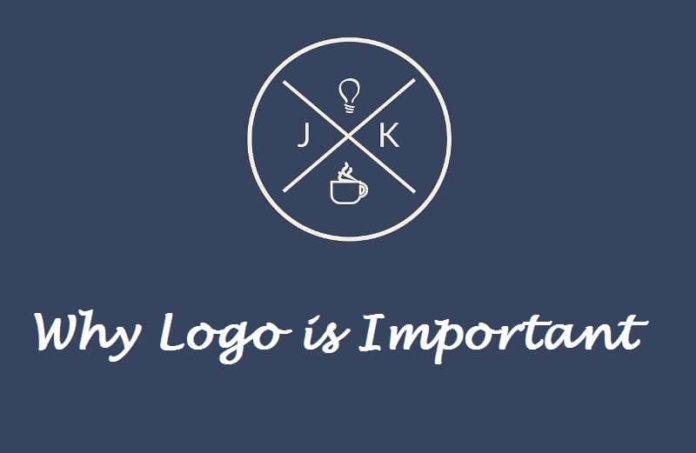When you consider all the factors involved in creating a brand, a logo’s development might not seem like a top priority.
“Maybe I don’t even need a logo,” whispered a little voice in your head.
Don’t hear that voice, and he couldn’t be wrong anymore. A logo is an integral part of making your brand successful with high-quality products and services.
And why does a logo matter?
As it draws attention, it makes an excellent first impression. It is the cornerstone of your brand and differentiates you from the competition, fosters brand loyalty, and your audience expects it.
Let’s look at why the logo is important for your business in greater detail below.
1. It Grabs Attention
These are brief periods of attention – particularly for consumers.
As things stand, companies have about two seconds to convince potential customers of their products’ value.
A logo can quickly catch the attention of viewers and communicate the core values of a company excitingly. This brief emphasis – you know, lets customers judge your company by its appearance – will benefit you, if you have an excellent logo to speak about your company.
2. It Makes a Powerful First Impression
You’ve got one shot to do this right.
A logo is the first presentation towards customers to buy a product. When well built, it can boost the public interest and encourage them to know more about the company; otherwise, you have only aggravated and effectively damaged a potential consumer base.
The first impression is the way to express use directly of the items you sell or your product or service niche.
Can you sell improved cheap cloud hosting? Does your financial advice support entrepreneurs in particular? Your logo portrays the business as an authority in the professional space.
3. It’s the Foundation of Your Brand Identification
Successful branding means telling a story that influences the feelings of clients – plain and easy.
And while logo design is just part of a company’s brand, it serves as the basis for the whole story on which the brand has been created.
Colors, tones, fonts – the story you want to tell all decide, and the logo lays the stage for this story.
Such components would then convert all of your branding content – letters, business cards, landing pages, you call them – from your logo to create a bright, marketable image.
4. It’s Memorable
Your logo leads the Camel to water (your company).
Logos are a point of the identifier; they are a sign for identifying the brand by customers. Ideally, you want people to connect your logo ‘s sight to the memory of how your company begins – and, more importantly, how it appears.
Since a good logo is a visually appealing item, your brand’s positive reinforcement is activated that your company’s name alone does not.
And if we’re all truthful, some of your audience can forget your business’ name (do not take it in person – it’s human nature) but automatically associate your logo with your brand memories.
5. It Separates You From Competition
You’ll want to look different through your logo as your company logo shows customers that your company is unique. There may be another 50 web hosting services on the internet, but yours is the only one committed to sustainability, and your green and earthy logo power this message.
A well-designed logo from the corporate context (professional, comfortable, fun) to the goal (entertainment, productivity, and innovation) will express anything through a proper icon or font.
The logo is the platform to express the ideas and show customers why you are better than your rivals.
6. It Promotes Brand Integrity
As your brand expands, a more extensive range of customers can get acquainted with your logo, and this familiarity generates the impression that you are trustworthy and open.
Consider: When you’re searching for web hosting and unexpectedly see the Bluehost discount, you ‘re ready to purchase immediately. Why? Because you know you ‘re in safe hands with Bluehost web hosting, Bluehost is a brand you trust. Confidence is built on a well-designed logo, and brand loyalty follows quickly.
When they like you, your customers will still look for you, and your logo is what they’re first to look for.
7. Your audience Needs it
Then finally but not least:
Your logo is the first thing the viewer can look for when they see the brand’s communications. It will be the middle and front of all your marketing materials like cards, flyers, ads, etc.
When you don’t have (and you have) a logo, then you’re losing a chance to keep your company in your audience’s mind.
Conclusion
As you can see, you need a logo; it is an integral part of creating a successful organization and brand.
